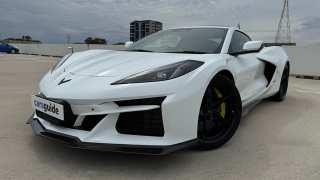
How low can Tesla go? Musk rattling rivals with Model Y price drop that's flooding the market with cheaper electric cars
- Tesla MODEL Y
- Tesla MODEL 3
- Ford Mustang Mach E
- Tesla Model 3 2023
- Ford Mustang Mach E 2023
- Tesla Model Y 2023
- Ford News
- Renault News
- Tesla News
- Ford Sedan Range
- Ford SUV Range
- Renault Sedan Range
- Renault SUV Range
- Tesla Sedan Range
- Tesla SUV Range
- Sedan
- SUV
- Electric Cars
- Ford
- Renault
- Tesla
- Industry news
- Showroom News
- EV News
- EV
- EVs
- Electric
- Electric Cars
- Green Cars
- SUV
- Family Car
- Family Cars
- Family
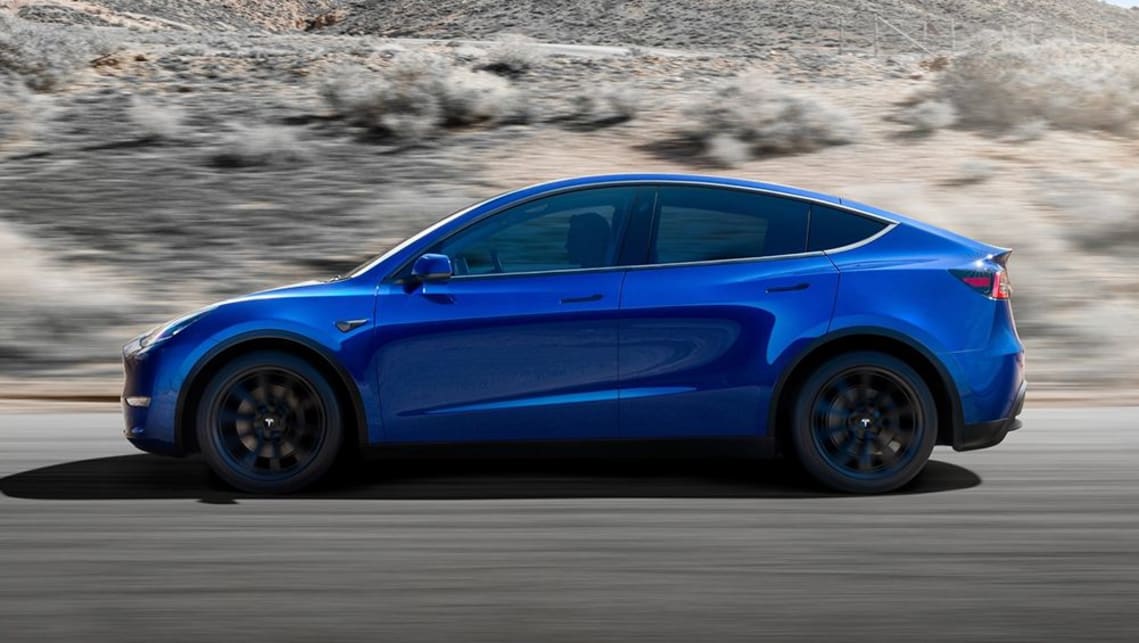
The Tesla Model Y has broken through another price barrier, with the popular EV now cheaper than the average price paid for a new car or truck in the USA, shattering the concept that electric vehicles are too expensive for mainstream adoption.
It comes as Tesla continues to launch a volley of price cuts both in Australia and abroad, boosting demand for its EVs and seriously worrying rivals.
In fact, some analysts think Tesla pricing is so sharp, and so difficult to complete with, that it could force some rival manufacturers to rethink their rush-to-EV strategies.
Read more about Tesla
- Looking to buy a new car? Why not subscribe to one instead with the unlikely companies offering you the chance to get into a Tesla, Toyota or BYD
- Long Range is here! 2023 Tesla Model 3 and Y prices slashed as Model Y Long Range variant joins line-up
- Why Tesla's new electric car will be significantly cheaper than Model 3 and Model Y
The cheapest Model Y Rear Wheel Drive is now US$46,990 in America, some US$759 less than the average transaction price of a new car or truck in that country. It means that people are paying less to get into a Model Y than the average American is paying for their new ICE-powered car or truck.
In Australia, Tesla has been rolling out price reductions across both the Model Y and the Model 3, with the cheapest Model Y now $68,900, and the cheapest Model 3 listing at $60,900. At the beginning of this year, they were priced at $72,300 and $65,500 respectively.
The price reductions are fuelling demand, with Tesla easily holding the crown of selling the most popular EVs in Australia and America, but they're also fuelling fears in Tesla's competitors, who fear EV price battles have begun.
That's according to US outlet Automotive News, which quotes Ford Motor Co. CEO Jim Farley as lamenting that price battles are “breaking out everywhere".
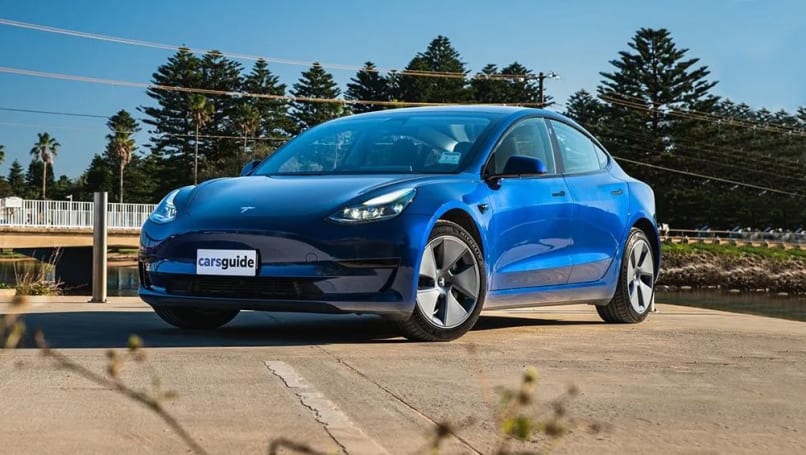
It's widely thought that Tesla's price moves were the driving factor in the Ford Mustang Mach-E losing share to the Model Y, despite its own price discounting.
Renault, too, has referred to Tesla's moves as a problem, while Chinese carmakers (where many of Australia's Teslas are built) are discounting domestic EVs, too.
The reduced profitability of EVs for some carmakers has caused some analysts to question if legacy companies will be able to justify their massive investments in electric technologies.
“We are questioning whether this is the ‘moment’ where the boards of the legacy OEMs can reconsider dialing back the magnitude and timing of their EV capex and R&D plans,” Morgan Stanley analyst Adam Jonas told automotive news.







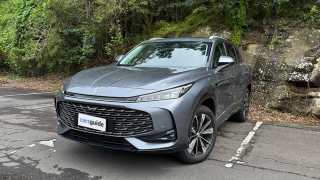
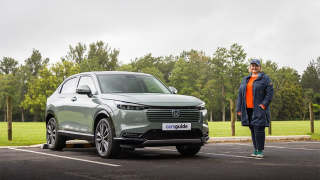

Comments